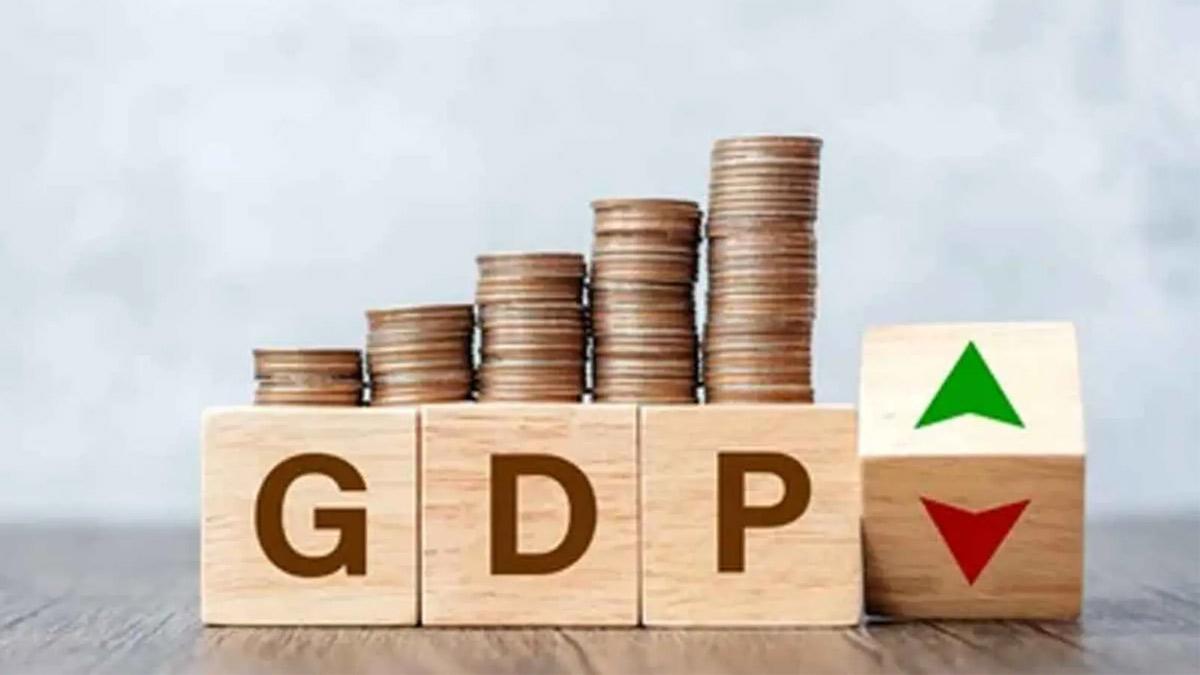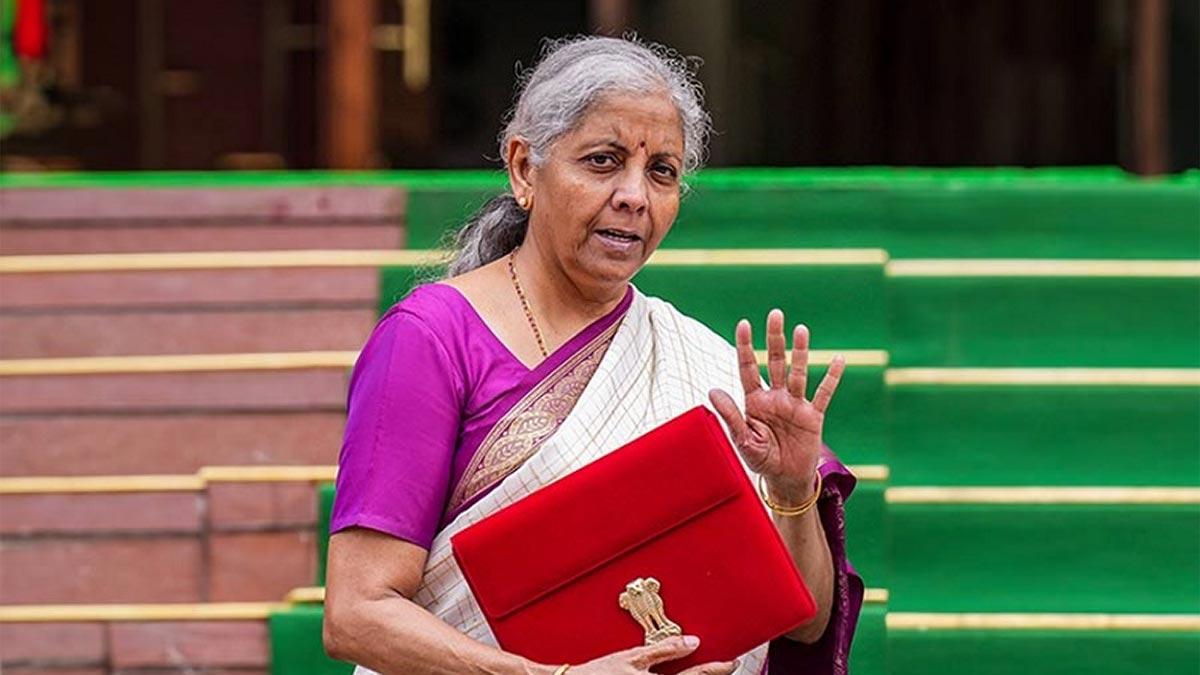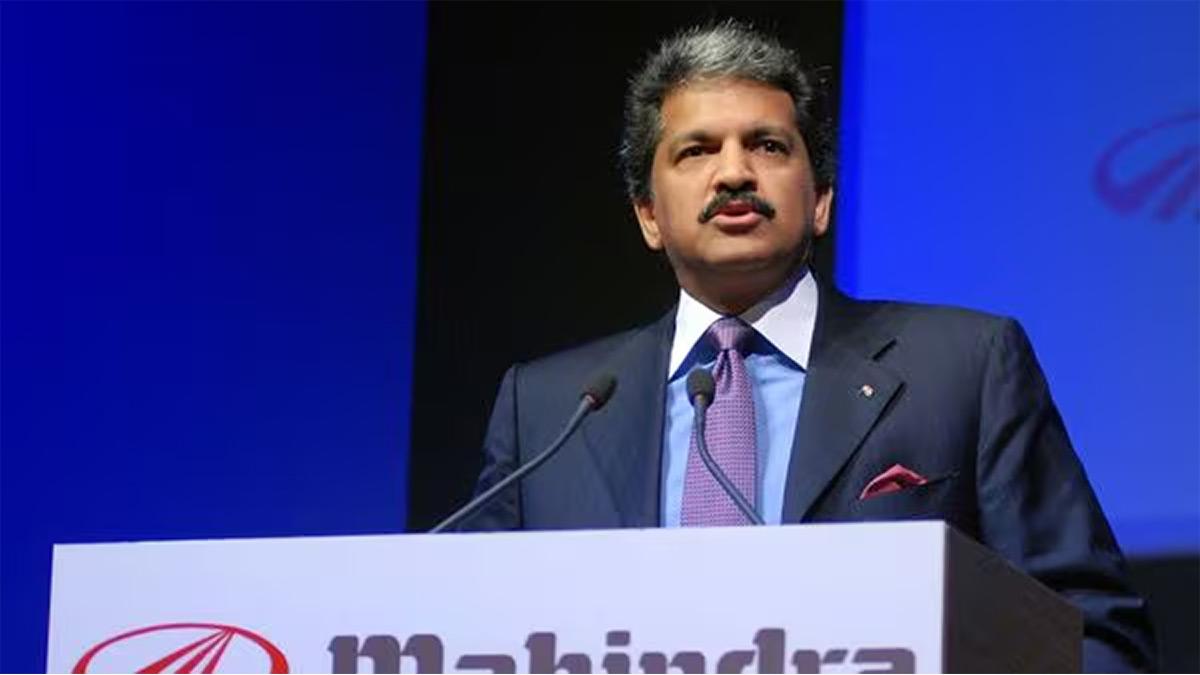The International Monetary Fund said on Tuesday that India's GDP growth is likely to moderate from 8.2 percent in 2023 to 7 percent in 2024 and 6.5 percent in 2025, mainly because the pent-up demand accumulated during Covid has exhausted as the economy reconnects with its potential.
The IMF said that the war against inflation has been won generally, although price pressures remain in place in some countries, with headline inflation rates now forecast to reach 3.5% by the end of 2025, having peaked at 9.4% year over year in the third quarter of 2022. This is below the average level of 3.6% between 2000 and 2019, it said.
The annual World Economic Outlook here today projected world economic growth to remain stable at 3.2 per cent in 2024 and 2025, despite a few countries - especially low-income developing ones - have witnessed significantly revised downside growth.
"In India, the outlook is for growth in GDP to moderate from 8.2 per cent in 2023 to 7 per cent in 2024 and 6.5 per cent in 2025, because pent-up demand accumulated during the pandemic has been exhausted, as the economy reconnects with its potential," the IMF said in the World Economic Outlook. According to the latest Economic Survey, the growth of 6.5 to 7 percent for 2024-25 in GDP is expected compared with last year's 8.2 percent for 2023-24.
According to French economist and chief economist of the IMF, Pierre-Olivier Gourinchas, the global economy remained unusually resilient throughout the disinflationary process. "Growth is forecasted to stabilize at 3.2 percent both in 2024 and 2025, but some low-income and developing economies have seen significant growth forecast revisions, often linked with escalating conflicts," he said.
Advanced economies, in the United States, also remain quite strong at 2.8 percent this year but will revert towards its potential in 2025. For the advanced European economies, a modest growth rebound is expected next year, with output approximating towards the potential. Growth outlook is very stable in emerging markets and developing economies, around 4.2 percent this year and next, with continued robust performance from emerging Asia, he mentioned.
"Despite the bright news on inflation, downside risks are growing and now dominate the outlook. A surge in regional conflicts, especially in the Middle East, could pose serious risks to commodity markets. "Turning toward undesirable trade and industrial policies can meaningfully depress output compared with our baseline forecast. Monetary policy could stay too tight too long, and global financial conditions could tighten abruptly," he said.
Read also| Staying Vigilant Amid Rapidly Changing Global Landscape, Shaktikanta Das


















